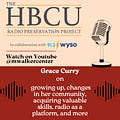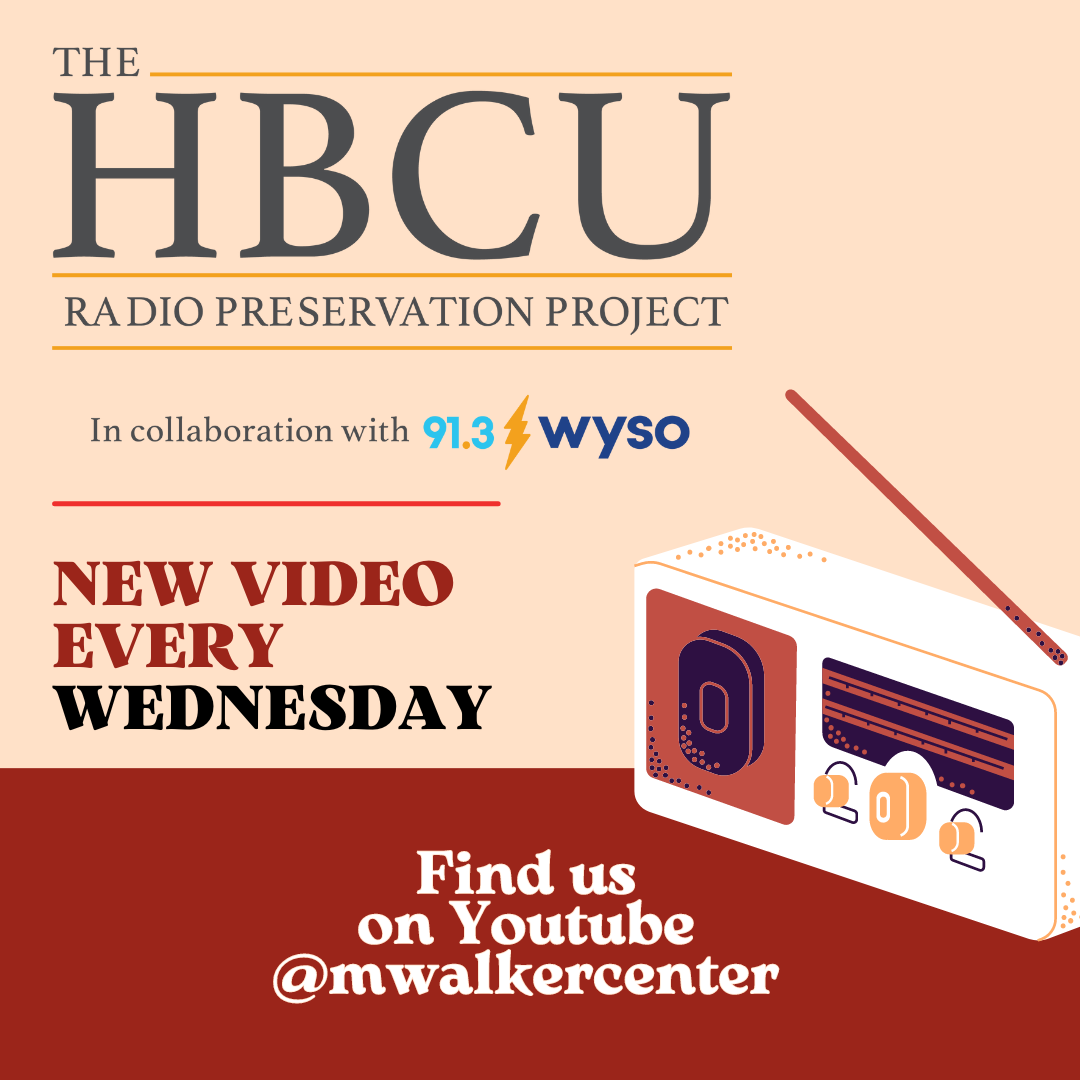HBCU Radio Preservation Project: Grace Curry
Grace Curry talks about growing up in Savannah, changes in her community, acquiring valuable skills, and using radio as a meaningful platform.
It's Wednesday, which means an oral history just dropped on our YouTube! Part of the HBCU Radio Preservation Project, the Margaret Walker Center is serving as a repository for the histories of these stations and the community members who have been a part of them.
Grace Curry reflects on growing up in a close-knit community in her hometown of Savannah, Georgia, including how roller skating played a role in her social life as well as how gentrification continues to affect the community. Her family inspired her interest in music long before she majored in theater at the University of Georgia. In 2002, she joined the WCJ radio station at Savannah State University as a special projects assistant, a role allowing her to use both her love of music and her communication skills. A radio show she launched, “The Alternative Soul Café,” played alternative soul music often from artists who didn’t get much airplay; the show even featured early work from musicians like John Legend. Grace went on to fill a variety of roles, gaining expertise in various aspects of radio. She emphasizes her goal of providing alternatives to mainstream radio, using the station not only to play underrepresented artists but also to highlight issues relevant to her community.
About the Project
Each Wednesday, tune into our YouTube channel, @mwalkercenter, to catch a new oral history from the HBCU Radio Preservation Project!
We are proud to partner with several organizations for the HBCU Radio Preservation Project, which is dedicated to honoring and preserving the rich history and cultural resource of HBCU radio.
Here’s some more info from their website:
Much of the material created at these stations is at risk of being lost, though they document the rich history and diversity of the Black experience through the Civil Rights era and beyond. The goals are to preserve the stations’ audio collections and to foster a community of sustainability for the stations and institutional archives on campus.
The project provides preservation training and workshops for campus stations, archivists and community members, recruiting HBCU graduates as interns and fellows.
Field archivists will collaborate with stations and campus archivists on collections assessments and follow-up field services such as inventories, reformatting, rehousing, and other preservation activities.
Oral historians will interview a range of community members to document the history of the stations. Training in gathering oral histories and using historical audio in content creation will also be offered. Other goals include launching an interactive website, a podcast series, and annual symposia.



